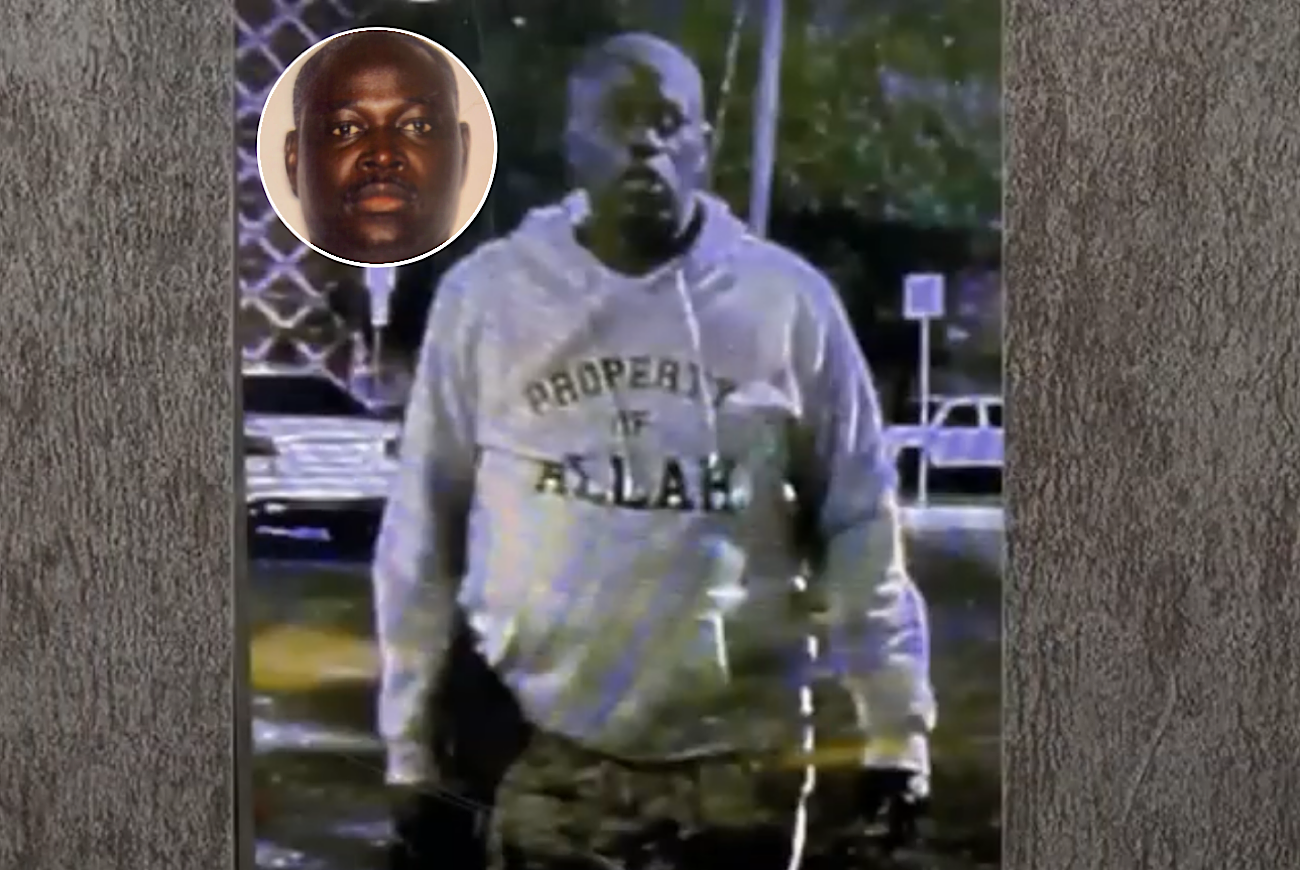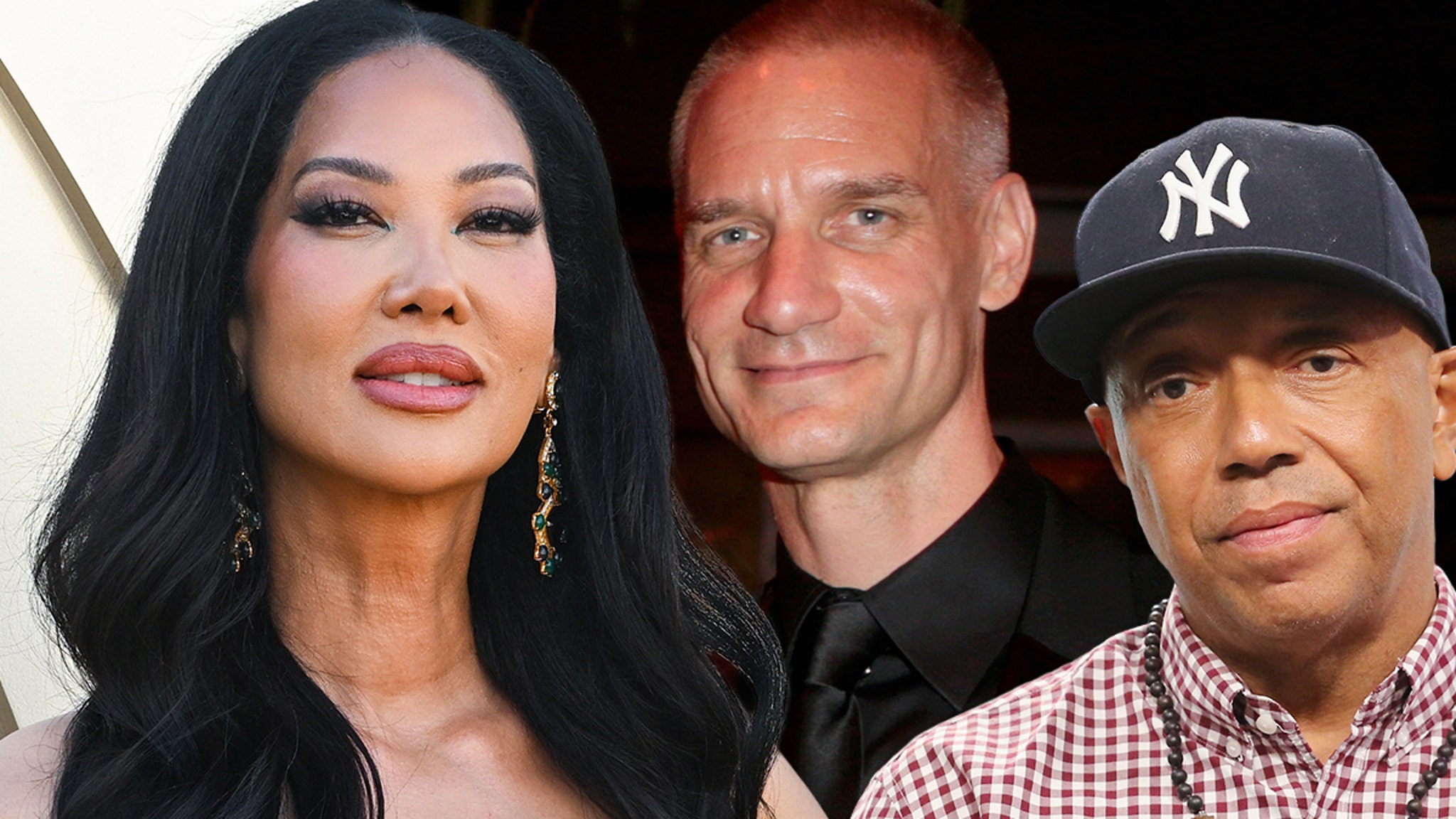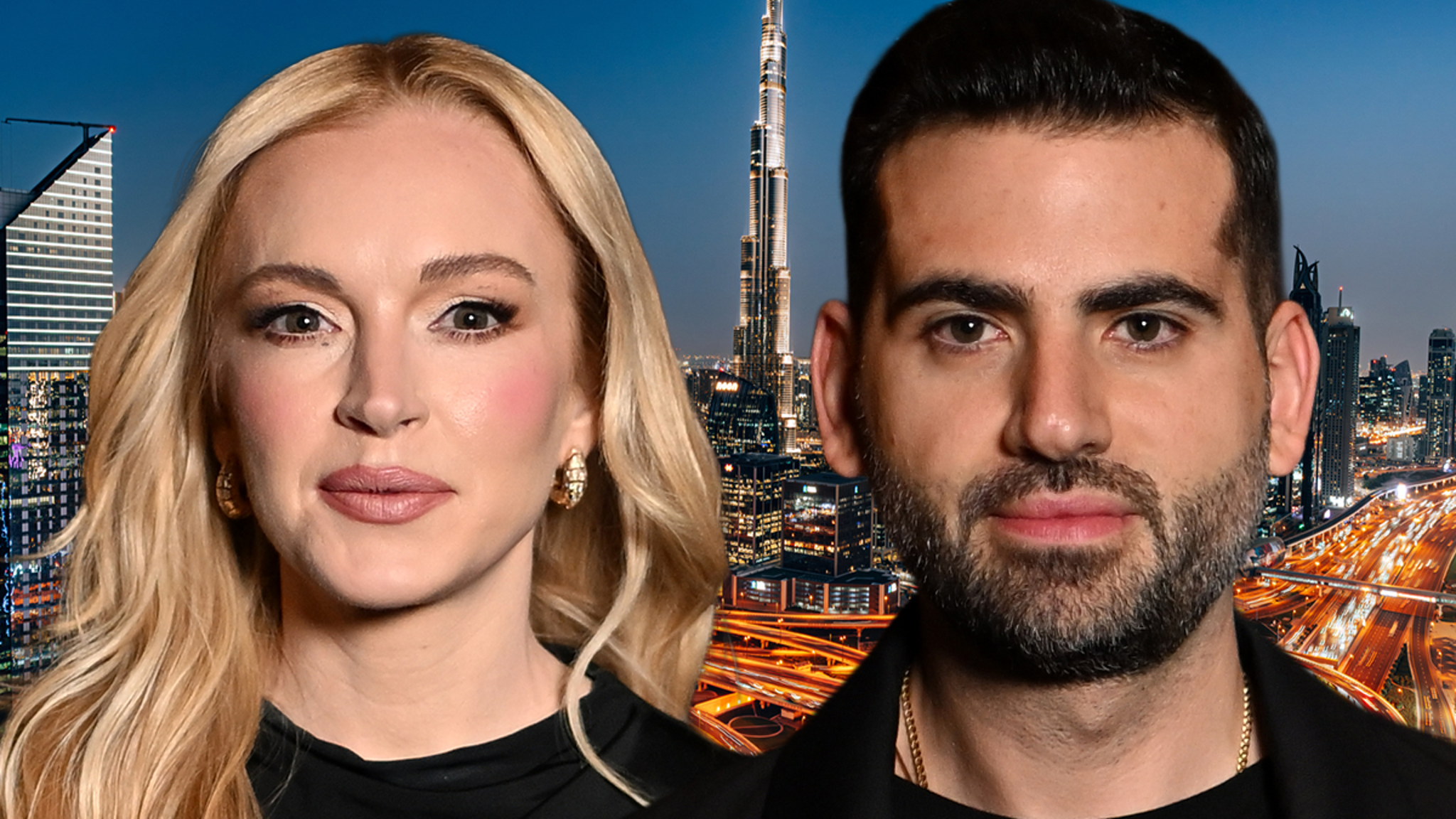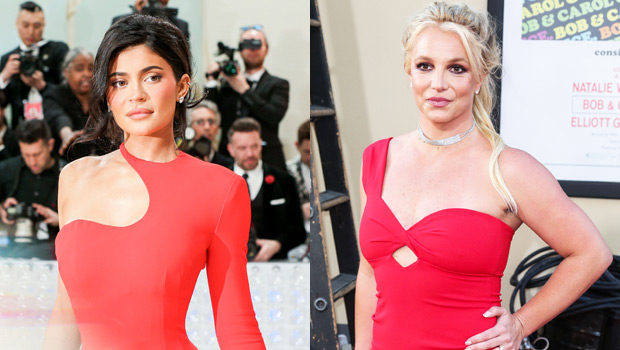“It’s going from a league that no-one considered to one that everyone does,” says Adam Kelly.
The IMG Media President is talking about the Saudi Pro League, whose profile has skyrocketed this year following soccer superstar Cristiano Ronaldo’s move to Al Nassr at the end of 2022.
A flurry of transfer activity this summer that has seen some of Europe’s top players making the switch to the Gulf state has turned the league into the sports story of the summer. This has led to a raft of ethical questions directed at players and managers, mainly related to Saudi Arabia’s hardline position on many human rights issues and whether the investment is another example of so-called ‘sports-washing.’ It’s also quietly sparked fears from rival leagues such as the MLS that they might be usurped in the soccer pecking order.
IMG, part of WME owner Endeavor, has been shopping the rights to the league since the turn of the year, and we understand will continue to do so for the 2023/24 and 2024/25. Around 35 international deals were struck for Ronaldo’s initial months (though not with the U.S.) in countries from Europe (including Sky Sports in the UK and Ireland, several broadcasters in Germany and the La Liga OTT app in Spain), Australasia (including Australia’s Network Ten), Africa and Latin America. Even China’s CCTV, Tencent, Douyin, IQIYI, and Zhibo8 signed on.
Several sources believe prices were at the low end of cost spectrum — a tactical play primarily aimed at drumming up interest in the product for future seasons. A cool 171 million social media views across 96 markets suggests this worked.
However, this summer, there’s been a step change. Ronaldo has been joined by dozens of high-profile players such as Wolves captain Ruben Neves, 2022 Ballon D’Or winner Karim Benzema, Chelsea midfield engine N’Golo Kante and Liverpool striker Roberto Firmino, with many more transfers on the horizon. There have been so many signings that ESPN now has a ‘Saudi Arabia transfer tracker’ page updating daily.
Ronaldo’s contract was rumoured to be €200M ($221M) a year, including commercial and sponsorship agreements, along with a signing-on fee of around €100M. That could be dwarfed by the one offered to France’s Kylian Mbappé, who has been offered a brain-pounding salary package of an estimated €700M for one year at Al Hilal. The offer, which like many of the agreements to date includes lucrative image rights, is part of a complex and increasingly bitter situation around World Cup winner Mbappé’s future. With a year left on his current contract at French champions PSG and a planned move to Spanish giants Real Madrid expected in 2024, Al-Hilal swooped to tempt him to Saudi for the upcoming season.
Overnight, it’s been reported Mbappé has refused to meet with Al-Hilal officials and does not see the move as a viable option while he battles to become established as the successor to Ronaldo and the sport’s other modern great Lionel Messi, whose move to Inter Miami on another mega-contract has given the MLS a star-powered boost. Ronaldo has five Ballon D’Ors awards for the world’s best player and has the most international goals in history, while Messi has seven Ballon D’Ors, the most goals for a single club and recently won the World Cup as captain of Argentina. Mbappé, aged, just 24, has appeared in two World Cup finals, winning one, and is already viewed by many as the best player in the game.

France’s Kylian Mbappé during a UEFA Euro 2024 qualifying match in June.
Christian Liewig – Corbis/Corbis via Getty Images
Many soccer journalists and sites this week have pointed to the gravity of Mbappé’s next move — either providing legitimacy for the Saudi league’s sudden expansion or highlighting its lack of quality when compared with the world’s — read Europe’s — top divisions.
Whatever the outcome, the story has been all over the internet, prompting reaction from media figures, fans and famous faces. NBA stars LeBron James and Giannis Antetokounmpo have both joked about the situation on social media this week, as the news reverberated globally. Yesterday, James posted a Forrest Gump meme (below), while Mbappé himself responded to Antetokounmpo’s cheeky tweet to Al Hilal, which is one of four Saudi clubs that now essentially have unlimited spending power following their takeovers by the Saudi sovereign wealth fund. See both below.
The Public Investment Fund, as it is officially known known, is the owner of English top-tier team Newcastle United and the backer of LIV Golf, which has struck a tentative deal ti merge with U.S. rival the PGA Tour after months of tension and a public war of words between the two.
Whatever the outcome of the Mbappé situation, this summer has been transformational for Saudi Arabia’s soccer league, as the oil-rich Middle Eastern country continues to invest heavily sports to promote its global reputation. Accusations of ‘sports washing’ — using sports investment to shield from its ultra-conservative social policies and hostile attitudes to LGBTQIA+ and other alternative lifestyles — are broadly ignored as interest ramps up.
The issue has ramped up this week with the transfer of long-serving Liverpool captain Jordan Henderson’s move to Al-Ettifaq (a team managed by Liverpool legend and former Premier League coach Steven Gerrard) on a $900,000 per week contract. Henderson has allied himself with LGBT+ soccer supporters groups and been vocal in his support for diverse lifestyles. However, after he released a video to Liverpool fans yesterday confirming his departure, a fans group, Kop Outs!, slammed him on Twitter, questioning whether he was “ever an actual ally.”
Ultimately, money talks, even for rich soccer players, and most people have a price — though Mbappé may not and Fulham coach Marco Silva reportedly turned down a £40M deal to manage Saudi side Al-Ahli.
Former ESPN boss and Meadowlark Media founder and CEO John Skipper recently played down the effectiveness of Middle Eastern states investing in Western sports as a means of reputation burnishing during a debate on the Dan Le Batard Show with Stugotz. Centering on the Qatar Sovereign Wealth Fund buying 5% of the Washington Wizards’ parent company, he turned the conversation to English Premier League team Newcastle, now owned by PIF after a controversial takeover last year. “Newcastle fans now go, ‘Great we’ve got a whole bunch of money,’” he said. “I don’t think they go, ‘You know what, this makes me feel very differently about Abu Dhabi [or Saudi Arabia].’ I don’t think it works. I think they’re kidding themselves.”
The Saudi Pro League and PIF hadn’t responded to requests for comment at press time.
The rights situation
Last month, the Saudi Pro League instructed IMG Media to secure new broadcast deals for the 2023/24 and 2024/25 seasons as this year’s August kick-off nears. Sources say the value of a first round of deals, secured quickly after Ronaldo made the move to Riyadh’s Al Nassr, was small but the league’s backers have big ambitions and are desperate for exposure. Many believe they aim to establish one of the top divisions in world soccer alongside the EPL, Spain’s La Liga, Germany’s Bundesliga and Italy’s Serie A. IMG Media declined to comment on deal specifics. Locally, the league plays on MBC’s Shahid and the SSC sports channels.
Ronaldo’s name has been transformational, sources close to IMG indicate. Sports rights sellers often see building momentum as the toughest part of a tournament’s development, and deals for the Saudi Pro League are expected to be much easier now “every broadcaster considers it viable,” says one source close to the company.

Al-Nassr’s Cristiano Ronaldo
Robbie Jay Barratt – AMA/Getty Images
“It’s like La Liga with David Beckham back in 2003,” they add. “There was no English broadcaster until then and his transfer transformed the distribution. People love local heroes and stars.”
With more and more stars turning up in Saudi, the value of the league rises as audiences unlock, so the theory goes.
In the UK, Sky Sports acquired a digital rights package of YouTube clips for Ronaldo’s debut season and could be tempted to invest in a broader linear rights deal now so many Premier League stars have made the switch. TNT Sports and DAZN have also been touted as potential acquirers in Europe as the league’s stars will provide “viral clip-generating” content that can boost a network’s profile.
We understand TNT Sports, the new name for BT Sports and Warner Bros Discovery UK pay-TV channel, has not been approached, while Sky Sports had not responded to requests for comment at press time. DAZN doesn’t comment on rights deals.
RMC Sport shows games in France, as does Sport TV in Ronaldo’s home country Portugal and Sportitalia has rights in Italy. Each is a good bet for signing on for longer-term packages. In the U.S., no deal with a mainstream distributor has yet been struck, we understand, and currently the only way to view games is to subscribe to MBC’s Arabic content streamer Shahid. We hear from sources close to IMG that “no-one is ruling out a deal” in any territory and that talks are intensifying around the world.
“We’ll be talking to the best channels in the world to see what they think,” says Kelly, IMG Media’s UK-based boss.
Paolo Pescatore, a tech, media and telecommunications analyst from PP Foresight says recent events “undoubtedly fast track the awareness of sports in Saudi Arabia.” However, “While interest is growing driven by big money transfer moves, this does not guarantee success, as underlined by other leagues such as the Chinese Super League,” he adds.
China followed a similar path by spending huge sums on global soccer stars during the last decade, but ultimately failed to make an impact on the game. Broadcast interest was minimal, despite names such as Didier Drogba, Paulinho and Carlos Tevez playing in the league, and investment dwindled.
“In reality, securing TV rights is one thing but getting sports fans to watch matches in their droves is another,” says Pescatore. “Ultimately, this will be a hard sale. Potential rights holders will have to strongly consider how they will recoup their investment. For this reason, it is likely to remain niche, at least in the short term. But make no mistake, this is a statement of intent and a start of grandeur plans to be a leading force in the world of football.”
Another source says it is exposure, rather than revenues, that is most important to the Saudi Pro League’s leaders, as the money made from broadcast rights sales will not come close to the eye-watering sums being spent on players. “Yes, the Saudi Pro League will get way more coverage than it ever did, but is there really demand — and willingness to pay — among fans to watch it week in and week out? It’s very much to be demonstrated,” says Jack Genovese, Research Manager for Sports at Ampere Analysis.
There is very little data on the league available, as it had gone completely under the radar of most sports fans before this year’s transfer boom. The competition actually began in 1976, the same year of the Olympic Games in Montreal, Canada.

David Beckham looks on as Lionel Messi makes his Inter Miami CF in the Leagues Cup
Stacy Revere/Getty Images
More broadly, Saudi Arabia is a rich country with a limited supply of oil that needs to establish itself in other business areas as the century wears on and the tanks run dry. We’ve seen the Gulf states invest heavily in Hollywood and the next logical step in soft power plays is having more say in sports, especially ones experiencing exponential growth. The Qatar World Cup last November was a clear sign of the times.
Along with sports, the PIF has made a diverse range of investments globally, owning portions of Uber, Boeing, Facebook, Disney, Nintendo, Embracer Group, Live Nation and the Bank of America. (Disclaimer: the PIF owns a minority stake in Deadline owner PMC.)
With Ronaldo and co in Saudi and Messi, who inevitably scored a last-minute winner on his debut for David Beckham’s Inter Miami last week, in the U.S. bringing new levels of excitement to the MLS alongside the Apple TV+ streaming agreement, the global soccer map is indeed evolving. Overall, the power still sits in Europe, where the Premier League remains a cash-generating monster, but with expansion comes the chance of bigger audiences for newer leagues.
“I’m a big believer that the tide rises for all boats,” says IMG’s Kelly. “New leagues build and develop and seeing sports transcend from back pages to titles like Deadline is all beneficial. What we’re seeing is the power of sport to cut through when you have moments of peak interest. Moments like Messi’s debut are global ones with big narratives. It’s all a benefit to soccer, and nothing cuts through like live sports.”







